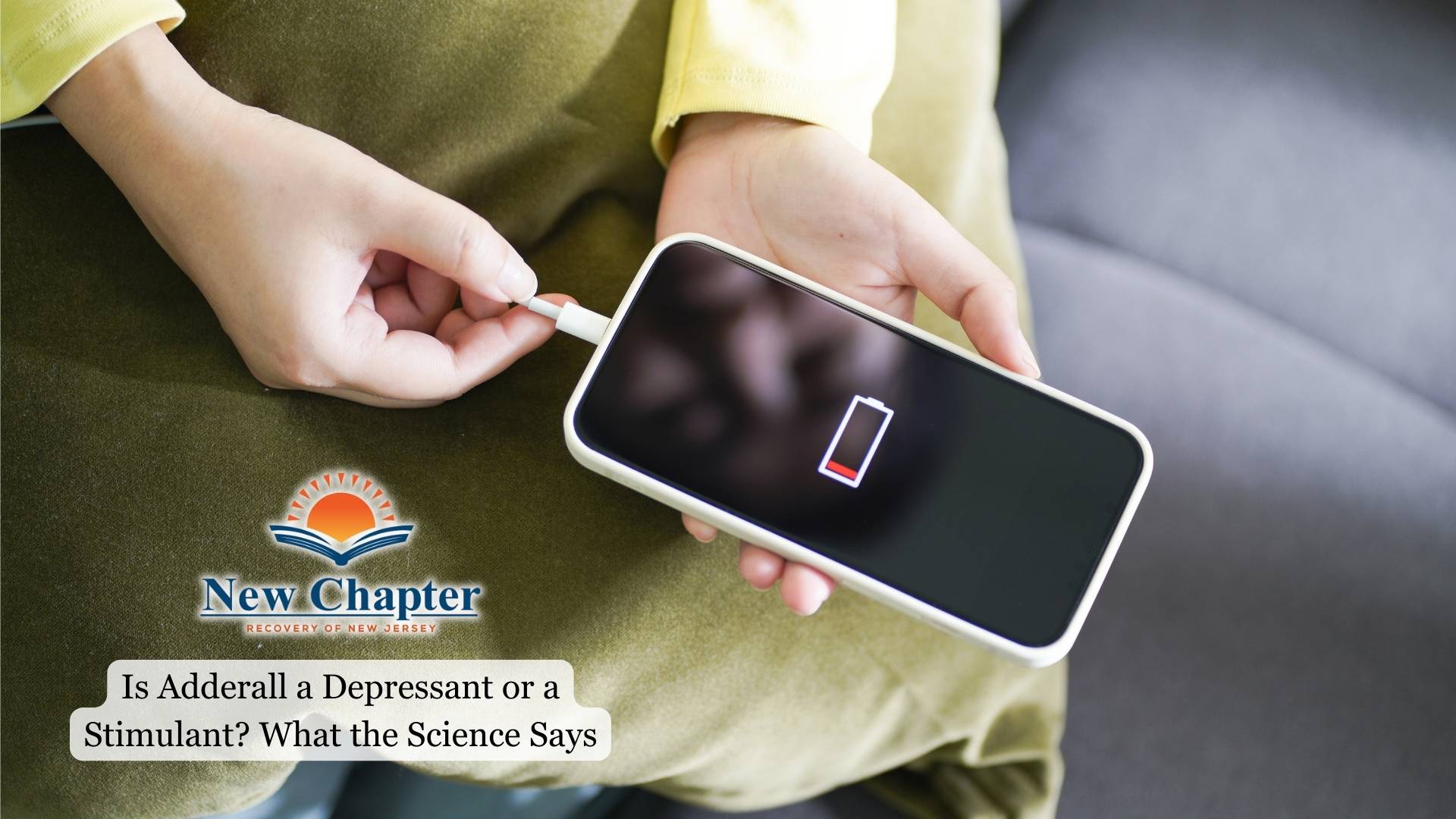When someone you care about is suffering from addiction, knowing how to respond can be overwhelming. One of the most effective ways to help is through an intervention—a structured effort to encourage them to seek treatment. But not every intervention is successful, and the outcome often depends on who is involved in the process.
Understanding which individuals should be part of an intervention, and why, is essential. This article will guide you on how to build the right intervention team, prepare participants effectively, and ensure everyone involved contributes to a focused, supportive, and ultimately successful effort.

What Is an Intervention and Why Does It Matter?
An intervention is a structured and intentional approach to helping someone with a substance use disorder recognize the impact of their behavior and take steps toward recovery. It involves gathering close family members, friends, and sometimes professionals to present a unified, compassionate message. The goal is to encourage the individual to accept treatment and understand that support is available.
When someone is living with alcohol addiction or struggling with another form of substance use, they may be in denial about the severity of the problem. An intervention may help them understand how their actions impact those around them and why it’s time to seek help. Unlike casual conversations or emotional confrontations, an intervention is planned to create a turning point.
Recognizing this process is important, it becomes clear why selecting the right people to participate and preparing them carefully is essential. The effectiveness of the intervention often depends on the strength and unity of the intervention team.
Our team of experts at New Chapter Faith Recovery offers professional intervention in NJ that helps families approach their loved ones with care, structure, and clarity, turning a difficult moment into an opportunity for sustained recovery.
Family Members and Their Crucial Role
Close family members are typically at the core of any intervention. Their emotional connection with the individual suffering from addiction carries weight that can make a significant difference during the intervention meeting. When family members express their observations and feelings honestly, it creates a powerful, impactful message that emphasizes how the addiction is affecting everyone involved.
Family involvement must be carefully considered. While the goal of an intervention is to help the loved one seek treatment, family dynamics can either support or hinder this process. A family member with unresolved or emotionally volatile conflict might escalate the situation. The intervention team must include those who can remain calm, constructive, and focused on the goal of helping the loved one enter a treatment program.
Friends and Non-Family Allies
In some cases, including friends or non-family individuals in the intervention can be beneficial. A long-time friend or coworker who has witnessed the progression of the addiction may provide a unique perspective. Their presence signals to the loved one that the concern extends beyond the family system, highlighting the broader impact of their substance use.
The selected individuals must be able to speak honestly and avoid blame or judgment. Including friends who are enablers or who have participated in drug or alcohol use with the loved one may do more harm than good. Only those who truly want to help someone move toward recovery should be involved in the intervention.
The Value of Professional Support
One of the most important decisions when planning an intervention is whether to involve an addiction professional. A licensed interventionist or mental health professional brings structure, neutrality, and expertise to what can otherwise be an emotionally charged event. These professionals understand various types of interventions and can tailor the approach to suit the loved one’s personality and history.
Working with a professional interventionist improves the chances of a successful intervention. They guide the intervention team, prepare participants, and help provide treatment options in advance. They also help manage unexpected reactions, especially if the loved one may refuse to accept help or becomes defensive. An intervention professional ensures that the meeting remains focused and productive.
Who Should Be Excluded From the Intervention Team
Choosing who should not be involved in the intervention is just as critical as choosing who should be. Individuals who are emotionally unstable, confrontational, or have a strained relationship with a loved one can derail the intervention process. Likewise, those who struggle with their own substance use or who have enabled the loved one’s addiction may unintentionally undermine the message.
The team should avoid including anyone who might trigger anger or defiance to keep the intervention on track. The intervention is not the time to air grievances or assign blame. Instead, it should be a unified effort to encourage the loved one to seek help and pursue addiction treatment.

Criteria for Selecting the Right Intervention Team
Every team member should have a clear purpose. People involved in the intervention must be emotionally connected to the loved one, able to communicate effectively, and committed to the recovery process. A successful intervention depends on cohesion, preparation, and the ability of each person to speak truthfully but compassionately.
The goal of an intervention is to motivate the loved one to enter treatment. This requires that the team work together, understand the intervention process, and present a consistent message.
The best intervention teams reflect genuine concern, offer specific examples of the impact of addiction, and are prepared to support the loved one throughout the recovery process.
Preparing and Coordinating the Intervention
Before the intervention occurs, the team must plan and rehearse thoroughly to ensure its effectiveness. Organizing the intervention involves assigning roles, preparing statements, and selecting a time when the loved one is likely to be receptive. The intervention meeting should conclude with a clear plan for the intervention outcome, including either immediate entry into a treatment program or a commitment to professional help.
Professional interventionists can make this preparation more effective by guiding the group through what to expect and helping them rehearse their messages. They also help the team prepare for resistance, denial, or emotional outbursts. Everyone involved must be ready to respond with empathy while remaining firm in requesting help from the loved one.
Final Thoughts from New Chapter Faith Recovery
An intervention is most effective when approached with empathy, preparation, and a shared commitment to recovery.
At New Chapter Faith Recovery, our team understands the importance of building a supportive, well-prepared group of family members and friends who can truly make a difference for someone struggling with addiction. We help families in New Jersey navigate these choices with care and structure, ensuring every intervention is focused, unified, and compassionate. This thoughtful approach transforms a challenging moment into a real opportunity for lasting recovery.






